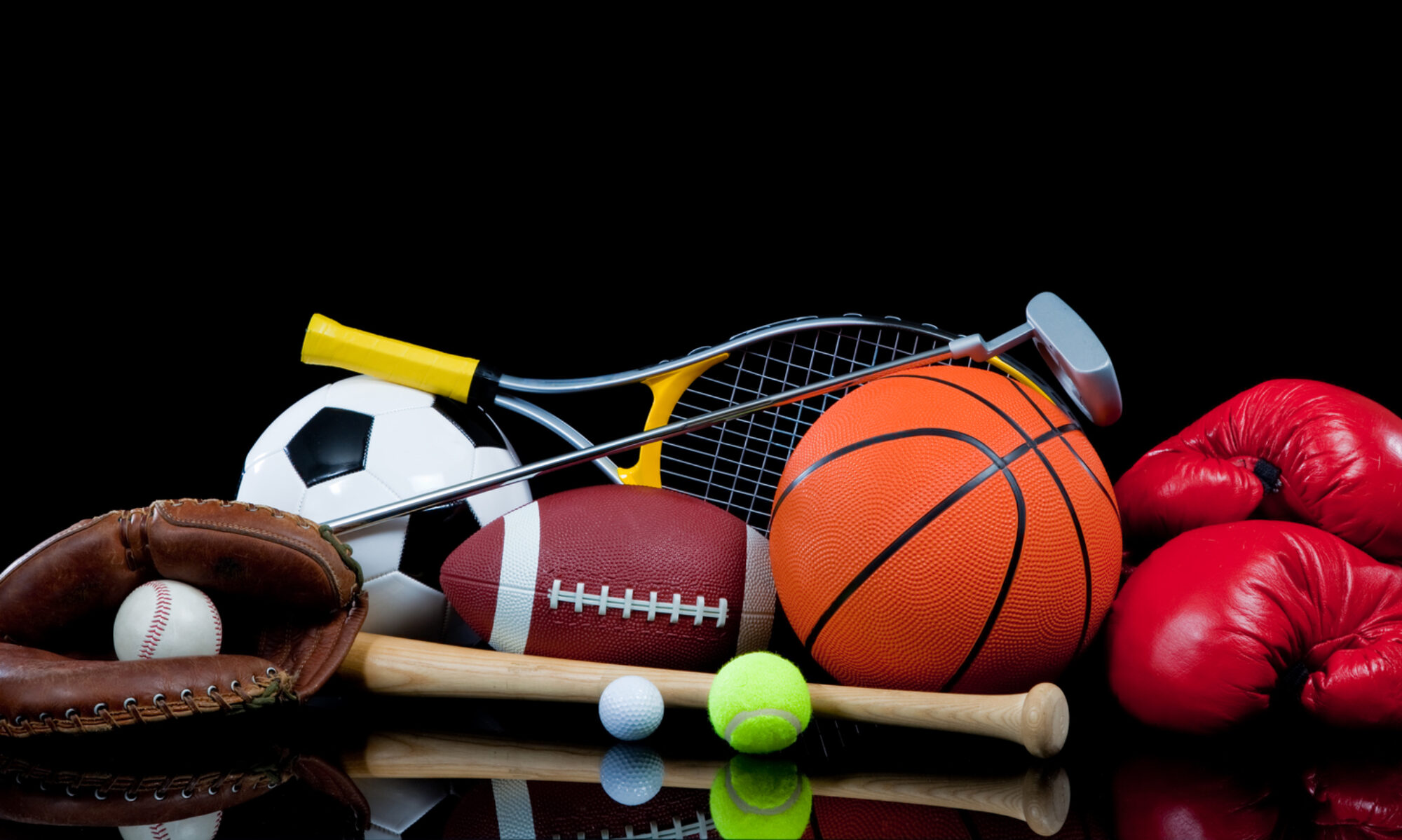
Press Release:
If sport is good for the body, it also seems to be good for the brain. By evaluating memory performance following a sport session, neuroscientists from the University of Geneva (UNIGE) demonstrate that an intensive physical exercise session as short as 15 minutes improves memory, including the acquisition of new motor skills. How? Through the action of endocanabinoids, molecules known to increase synaptic plasticity. This study, to be read in the journal Scientific Reports, highlights the virtues of sport for both health and education. School programmes and strategies aimed at reducing the effects of neurodegeneration on memory could indeed benefit from it.
Very often, right after a sporting exercise – especially endurance such as running or cycling – one feels physical and psychological well-being. This feeling is due to endocannabinoids, small molecules produced by the body during physical exertion. «They circulate in the blood and easily cross the blood-brain barrier. They then bind to specialise cellular receptors and trigger this feeling of euphoria. In addition, these same molecules bind to receptors in the hippocampus, the main brain structure for memory processing,» says Kinga Igloi, lecturer in the laboratory of Professor Sophie Schwartz, at UNIGE Faculty of Medicine’s Department of Basic Neurosciences, who led this work. «But what is the link between sport and memory? This is what we wanted to understand,» she continues.
Intense effort is more effective
To test the effect of sport on motor learning, scientists asked a group of 15 young and healthy men, who were not athletes, to take a memory test under three conditions of physical exercise: after 30 minutes of moderate cycling, after 15 minutes of intensive cycling (defined as 80% of their maximum heart rate), or after a period of rest. «The exercise was as follows: a screen showed four points placed next to each other. Each time one of the dots briefly changed into a star, the participant had to press the corresponding button as quickly as possible», explains Blanca Marin Bosch, researcher in the same laboratory. «It followed a predefined and repeated sequence in order to precisely evaluate how movements were learnt. This is very similar to what we do when, for example, we learn to type on a keyboard as quickly as possible. After an intensive sports session, the performance was much better.”
In addition to the results of the memory tests, the scientists observed changes in the activation of brain structures with functional MRI and performed blood tests to measure endocannabinoid levels. The different analyses concur: the faster individuals are, the more they activate their hippocampus (the brain area of memory) and the caudate nucleus (a brain structure involved in motor processes). Moreover, their endocannabinoid levels follow the same curve: the higher the level after intense physical effort, the more the brain is activated and the better the brain’s performance. «These molecules are involved in synaptic plasticity, i.e. the way in which neurons are connected to each other, and thus may act on long-term potentiation, the mechanism for optimal consolidation of memory,» says Blanca Marin Bosch.
Improving school learning or preventing Alzheimer’s disease
In a previous study, the research team had already shown the positive effect of sport on another type of memory, associative memory. However, contrary to what is shown here, they had observed that a sport session of moderate intensity produced better results. It therefore shows that, as not all forms of memory use the same brain mechanisms, not all sports intensities have the same effects. It should be noted that in all cases, physical exercise improves memory more than inaction.
By providing precise neuroscientific data, these studies make it possible to envisage new strategies for improving or preserving memory. «Sports activity can be an easy to implement, minimally invasive and inexpensive intervention. For example, would it be useful to schedule a sports activity at the end of a school morning to consolidate memory and improve learning?”
Improving academic learning or preventing Alzheimer’s disease
In a previous study, the research team had already shown the positive effect of sport on another type of memory, associative memory. But, contrary to what is shown here, they had observed that a sport session of moderate intensity, not high intensity, produced better results. Thus, just as not all forms of memory use the same brain mechanisms, not all sports intensities have the same effects. It should be noted that in all cases, physical exercise improves memory more than inaction.
By providing precise neuroscientific data, these studies make it possible to envisage new strategies for improving or preserving memory. «Sports activity can be an easy to implement, minimally invasive and inexpensive intervention. Would it be useful, for example, to plan a moment of sport at the end of a school morning to consolidate school learning,» Kinga Igloi wonders, who, with her colleagues at Sophie Schwartz’s laboratory, aims to achieve such practical objectives.
Neuroscientists are currently pursuing their work by studying memory disorders, and in particular by studying populations at high risk of developing Alzheimer’s disease. «Some people as young as 25 years of age may experience subtle memory deficits characterised by overactivation of the hippocampus. We want to evaluate the extent to which sports practice could help compensate for these early deficits that are precursors to Alzheimer’s disease.», conclude the authors.
